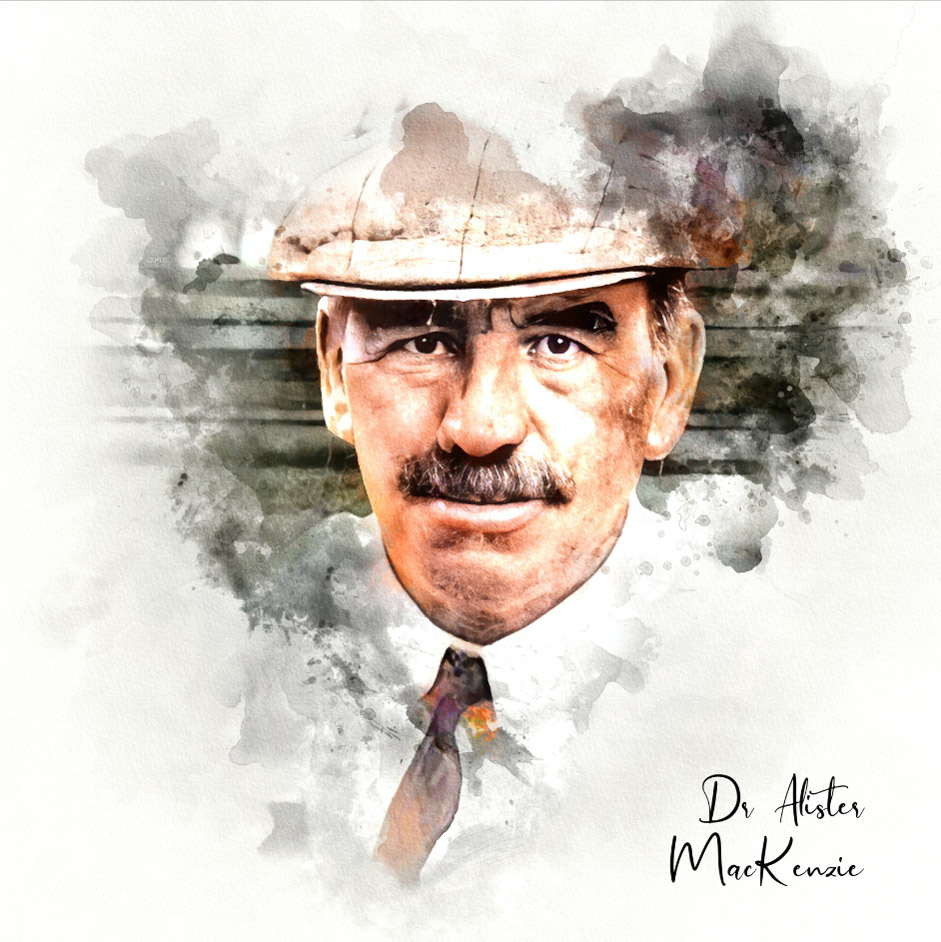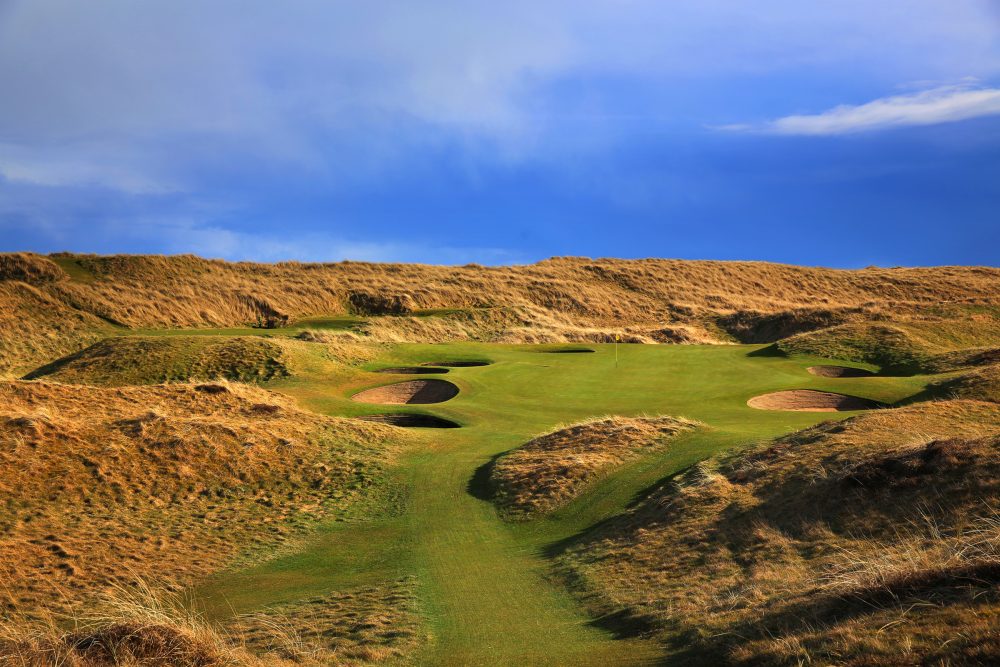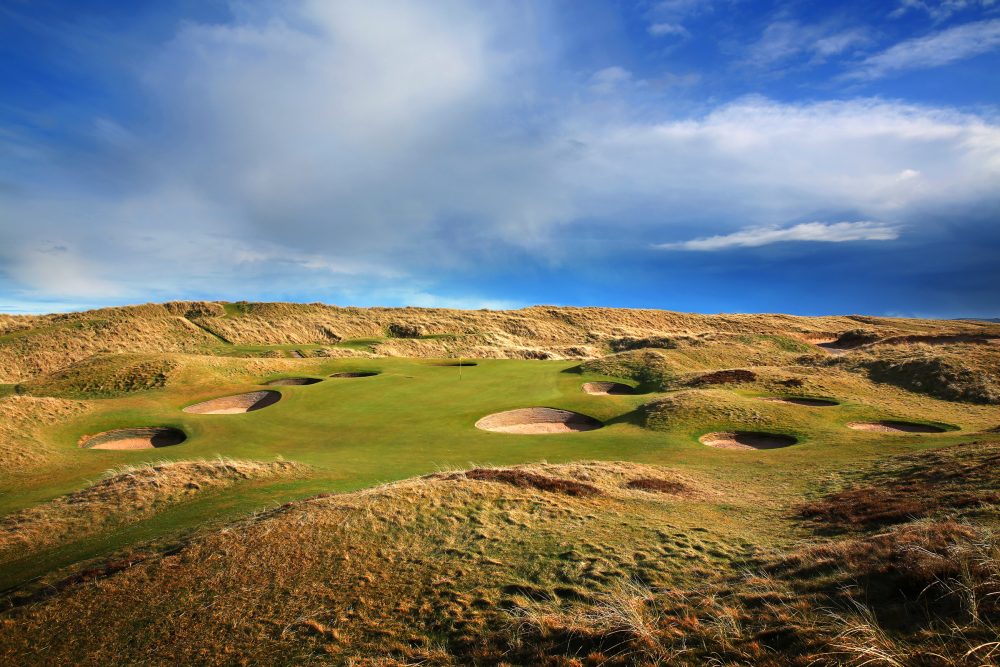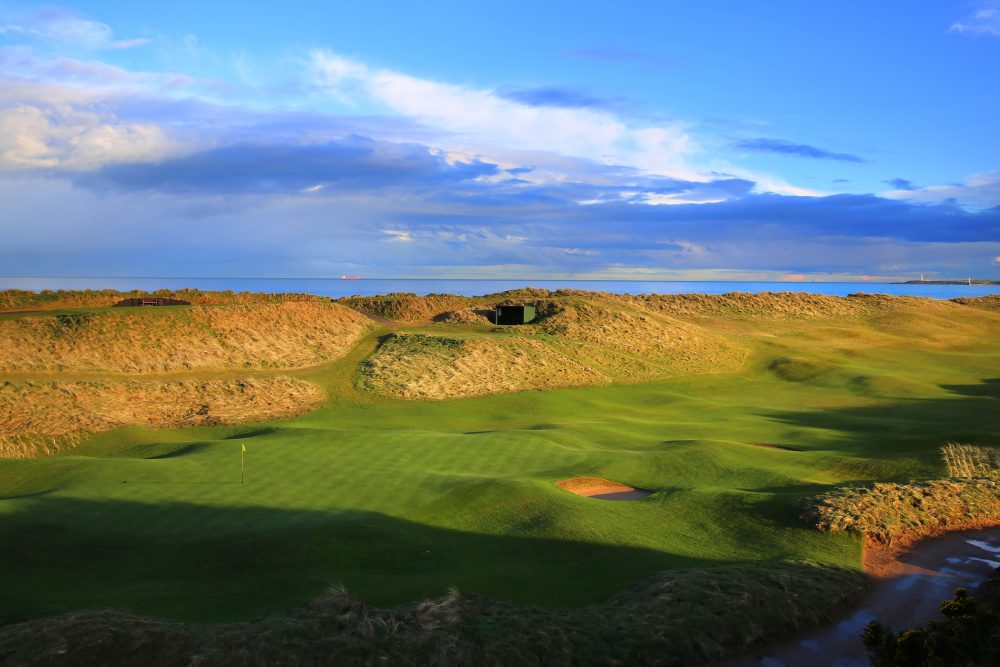Royal Aberdeen Golf Club

Overview
The front nine is one of the best in golf. The calibre of the course is so good it has been said it could host an Open Championship.
Two contributors to Tom Doak's Confidential Guide put it on par with Carnoustie and Muirfield!
The clubhouse has been called a veritable museum with artifacts from golf and the club's illustrious past.
Member Richie Ramsay won the 2006 US Amateur Championship.
Royal Aberdeen Golf Club, on the East Coast of Scotland, is the jewel in the crown of golf in the area.
Golf Course Review
The Royal Aberdeen Golf Club was founded in 1780, making it the 6th oldest golf club in the world. Originally it was called The Society of Golfers of Aberdeen, but the title was changed in 1815. With the links laid out on the north side of the River Don, the links lie in the dunes backing the North Donmouth Beach overlooking the North Sea.
Royal Aberdeen Golf Club History
Golf was played nearby on the Queens Links just to the south between the Rivers Dee and Don since 1565! The Society of Aberdeen Golfers was established in 1780 and the name changed to the Aberdeen Golf Club in 1815. Royal patronage would later follow. For a time the club played at the Kings Links Golf Course, which is still in play, before moving to its current location in 1888.
The Balgownie Course
On December 31st, 1886, a meeting was held to form a new golf club and it was decided to build a new links at Balgownie. On November 5th, 1887, the lease for and at Balgownie was signed. The new course was opened for play on April 20th, 1888.
The original course was laid out by Robert Simpson of Carnoustie and measured 5400 yards. It was opened with a match between then club professional, Arche Simpson, and Hugh Kirkcaldy or St Andrews. In 1889, it was resolved to erect a clubhouse and extend the course. Old Tom Morris visited and suggested acquiring more land beyond Heron's House.
In 1893, the Ladies Club was formed and given some ground for a nine-hole course and Pavillion. Not satisfied with the gentleman's Balgownie Links, the ground north and west of Heron's House was taken in and the links were extended. The additional ground along with new greens on the original course were open for play in December of 1893.
Further work was done in 1894 by Archie Simpson who opened up new bunkers, built new tees, and leveled some hillocks. By 1904, Royal Aberdeen Golf Club was lengthened to near 6000 yards with the work being done by Archie Simpson, Robbie Mearns, and Andrew Annand.
In 1925, James Braid would add 40 plus bunkers but retained the Simpson routing. In 1930, the reviews of Royal Aberdeen Golf Club were nothing but glorious. "If you feel faint-hearted or have no tigerish golfing ambitions don't go to Balgownie. It will exasperate you and make you feel miserable. Go to Balgownie full of fight, ready to shout defiantly at all manner of difficulties, and you will think the Royal Aberdeen course magnificent." It was said to have "a typical Braid bunkering scheme."
More recent changes at Royal Aberdeen Golf Club have been made by Donald Steel and Martin Hawtree.
Royal Aberdeen Golf Club is bordered by the Murcar Links to the North. The Balgownie Course is a traditional out and back layout. Despite this, the routing is not parallel, but rather, it changes direction on the 2nd, 8th, and 9th before the turn. On the inward nine, the course zigzags its way in from the 15th to the 18th.
Royal Aberdeen's Contributions to Golf
The Royal Aberdeen Golf Club adopted the rules of golf from Leith and St Andrews but introduced a few of their own which became part of the game we know today. They are:
- 5-minute limit to look for a lost ball
- Tee honours
- The furthest ball from the hole plays first
- Avoid distracting others while a stroke is being made
Further information on Royal Aberdeen Golf Club and its history can be found in Scott Macpherson's book, Golf's Royal Clubs.
Royal Aberdeen Golf Club Photography

Royal Aberdeen Golf Club - Videos
Erik Anders Lang reviews royal aberdeen golf club
Hidden links reviews royal aberdeen golf club

Featured Architect: MacKenzie, Alister
As taken from his book, Golf Architecture, Alister MacKenzie felt the following were essential: The course, where possible, should be arranged in two loops of nine holes. There should be a large proportion of good two-shot holes and at least four one-shot holes. There should be little walking between...









